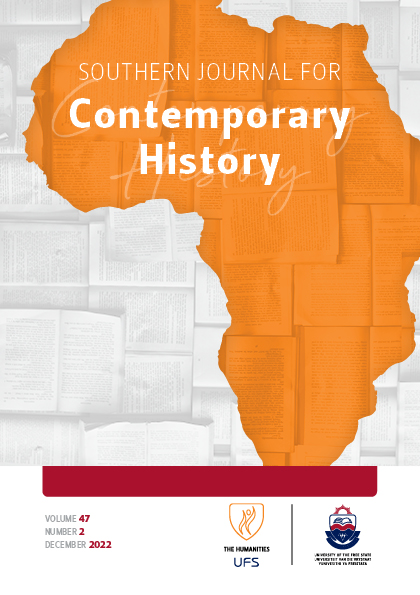Historical analysis of coffee production and associated challenges in Kenya from 1893 to 2018
DOI:
https://doi.org/10.38140/sjch.v47i2.6200Keywords:
Coffee production, Modernisation theory, Dependency theory, Theory of comparative advantageAbstract
Coffee is one of the most important export crops in Kenya, contributing about 22 per cent of the national income and is a source of livelihood for more than 700 000 households. However, despite its immense importance to the Kenyan economy, coffee exports have continued to shrink. This paper explores the introduction and upscaling production of coffee in Kenya from 1893 to 2018 and associated challenges. It assesses the role of white settlers and Kenyans in coffee production during the colonial period (1893-1962) and the post-independence period (1963-2018). This research showcases how a mismatch in policy direction at a local level and insufficient support to coffee farmers in Kenya have led to a downward trajectory of coffee production. The data was collected from secondary sources and was analysed chronologically to historicise coffee production and its associated challenges. The study concludes that the dismal performance of coffee production is partly attributable to coffee prices, marketing channels, coffee financing, coffee regulations, cost of production, management of cooperatives and processing of exported coffee. Thus, it is recommended that the Kenyan government harmonise existing policies regulating the coffee industry in terms of licensing, marketing, and making credit available to farmers.
Downloads
##submission.downloads##
Published
How to Cite
Issue
Section
License
Copyright (c) 2022 Richard Wanzala, Nyankomo W. Marwa, Elizabeth L. Nanzin

This work is licensed under a Creative Commons Attribution 4.0 International License.




